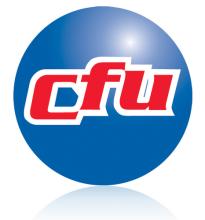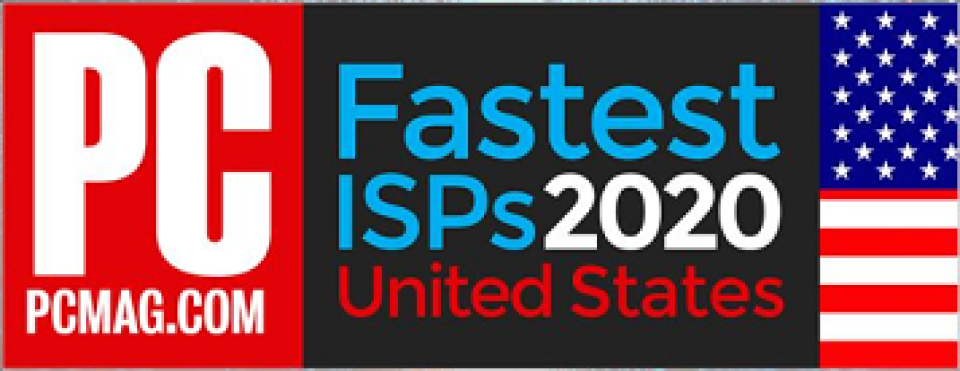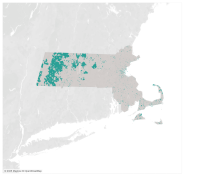
This is the tenth year that PCMag has conducted its Fastest Internet Service Providers (ISPs) test, and it comes at a time when tens of millions more Americans across the country are working from home. This time, the results show two significant categories of winners — municipal networks and private-sector ISPs using publicly owned fiber or conduit — which says a lot about the state of high-speed Internet. Like last year, municipal networks and their private-sector partners, along with locally-owned providers, dominated the rankings.
PCMag’s methodology doesn’t seem to have changed much in 2020. Using a customized tool, the outlet tests ping, jitter, and per-second data throughput on the download and upload side of things. The results are weighted 80% towards download and 20% towards upload. From June 1st to June 2nd, 443,940 tests were completed, with the magazine ruling out non-U.S. benchmarks for a final aggregation of 358,358 tests. The minimum threshold to earn a place on the list is 100 tests, and PCMag breaks down the results in two major categories: Fastest Major ISP (those with at least a million subscribers) and Fastest Overall ISP. Read the full report here.

Cedar Falls Utilities Dominates
The biggest news is that municipal network Cedar Falls Utilities (CFU) took the top spot as Fastest ISP in America by a wide margin. Founded in 1994, CFU connected its first broadband customer in 1996 and completed its Fiber-to-the-Home upgrade for all subscribers in 2013. That year, the city of 41,000 became Iowa’s first Gigabit City. Today, the utility serves around 15,000 homes and businesses. CFU has also been in the news recently after announcing a 10 Gigabit-per-second (Gbps) symmetrical tier for $105/month for city residents and $110 for those living in rural areas of its service footprint. They have also been doing their part to close the homework gap by offering 15 Mbps Internet service with a free router and installation for $5/month. For more on the history of CFU, listen to Episode 75 of the Community Broadband Bits Podcast where Christopher spoke with Kent Halder and Rob Houlihan.
More Munis, Less Problems
The PCMag results show additional good news — among the ten-fastest ISPs in 2020 are two other municipal FTTH networks: Longmont, Colorado’s NextLight and Chattanooga, Tennessee’s EPB. Nextlight dropped one spot from 2019 to 2020, while EPB held steady in the number six spot. Fairlawn, Ohio’s municipal network FairlawnGig dropped from the list this year after coming in at number ten in 2019. High speeds helped CFU and NextLight top regional lists in the North Central and the Northwest regions, with EPB placing third in the Southeast.
Veterans of public-private partnerships on the list likewise demonstrate the importance of broadband infrastructure investment by municipalities that want better connectivity. Nebraska-based ALLO Communications (a public-private partnership veteran we’ve covered before) came in ninth overall. We recently wrote about the partnership they entered into with Fort Morgan, Colorado, renting the city's dark fiber to offer 1 Gbps service to everyone in the town of 11,000. Last year we wrote about Hotwire, which uses public fiber in Salisbury, North Carolina, to deliver service and which this year came in second overall. Santa Rosa, California-based Sonic (which uses the city of Brentwood's conduit) came in third. Small private ISPs also did well too, with Minneapolis-based US Internet earning the seventh spot. Only one “major” ISP made the top-ten list (Verizon’s Fios dropped three spots from last year to squeak in at number ten), highlighting the strides small providers have made in bringing subscribers faster speeds over the last twelve months.








